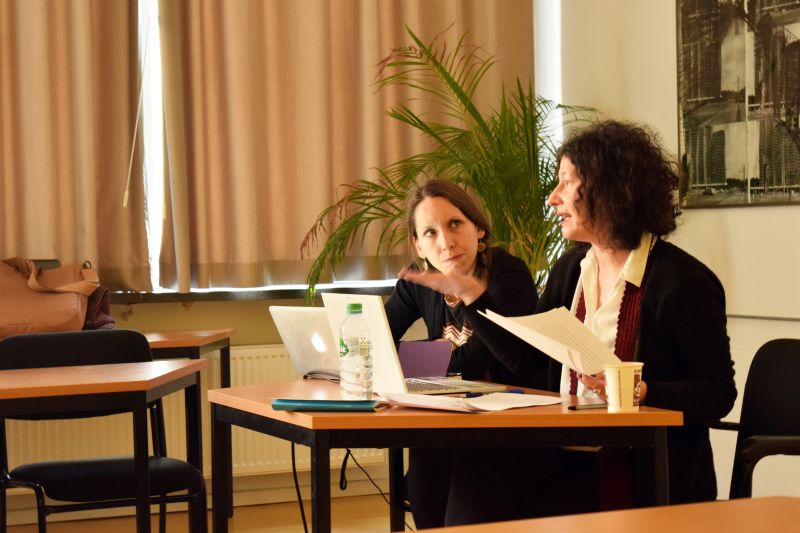The project of turning Ottomans into “Turkish citizens” was predicated on a belief in the transformative – indeed revolutionary – capacity of art. And yet, it was also this capacity that made art potentially dangerous. This presentation dwells on some of the major debates and turning points in Turkish cultural policy, and its shifting incarnations in state institutions, by re-reading its standardized narratives against the politics of dispossession and episodes of state violence that have brought modern Turkey into being. I argue that the interlinked processes of state violence, dispossession, and redistribution have created investments into the contradictory conception of Turkish citizenship that – while projected as civic in design – has ethnicized and culturalized religion. This conception of citizenship in turn has been instrumental in the ongoing erasure of non-Muslim and other minority artists and artistic expressions that do not fit into the nationalist frame of ‘Turkish’ art history. Exploring divergent economies of forgetting and remembering, the talk will also begin to trace possible archives that tell alternate stories of Turkey’s (art) history.
Banu Karaca is a sociocultural anthropologist working at the intersection of political anthropology, art and aesthetics, nationalism and cultural policy, museums and commemorative practices. Her ongoing research centers on the practice of writing art history by trying to account for ‘lost,’ dispossessed and misattributed artworks from the late Ottoman Empire and the early Turkish Republic. Her manuscript Decivilizing Art: Cultural Policy and Nationalism in Turkey and Germany examines the entrenchment of the art world in state violence. Some of her recent publications interrogate the politics of artistic exchange programs, freedom of expression in the arts, and gendered memories of war and political violence. She is currently co-editing a volume with Marianne Hirsch, Jean Howard and Soledad Falabella considering feminist practices in literature, art and architecture that disrupt authoritarian and nationalist uses of memory for Columbia University Press; and her contribution on war, gender and visual literacy will appear in the handbook Gender: War! edited by Renée C. Hoogland, Nicole Fleetwood and Iris van der Tuin this summer. She is the co-founder of Siyah Bant, a research platform that documents censorship in the arts in Turkey.
Governing Culture, Producing Citizens? Dispossession, Erasure, and Art in Turkey
Banu Karaca (Istanbul, EUME Fellow 2016/17), Chair: Hilal Alkan (Istanbul, EUME Fellow 2016/17), in cooperation with Berliner Institut für empirische Integrations- und Migrationsforschung (BIM)
Humboldt-Universität Berlin, Institut für Europäische Ethnologie, Room 212, 2nd floor, Mohrenstr. 40/41, 10117 Berlin


